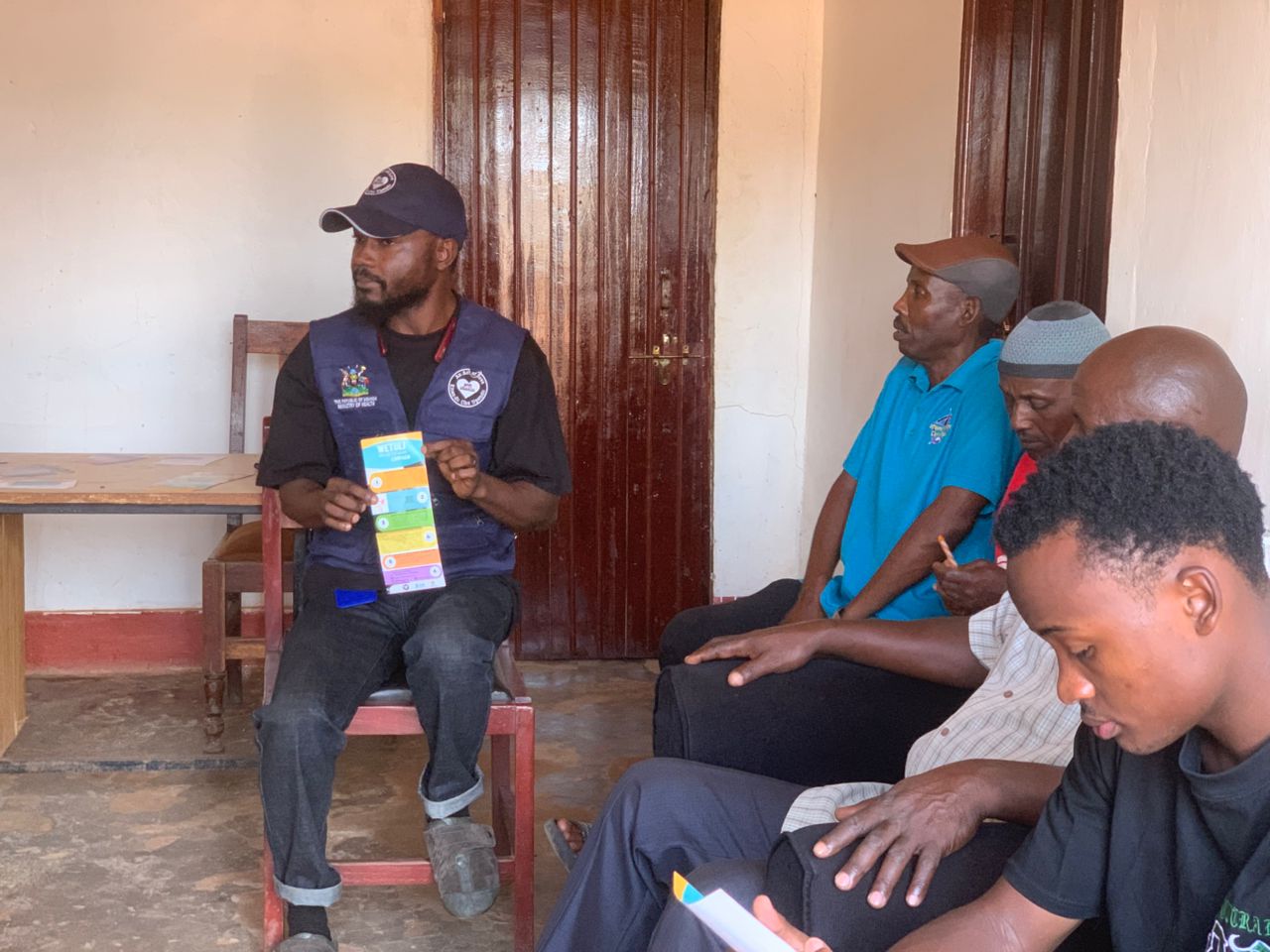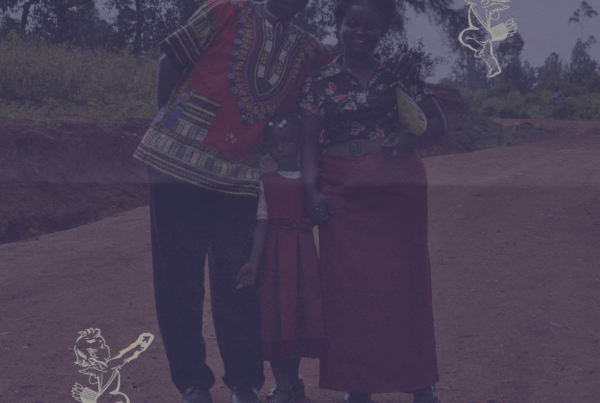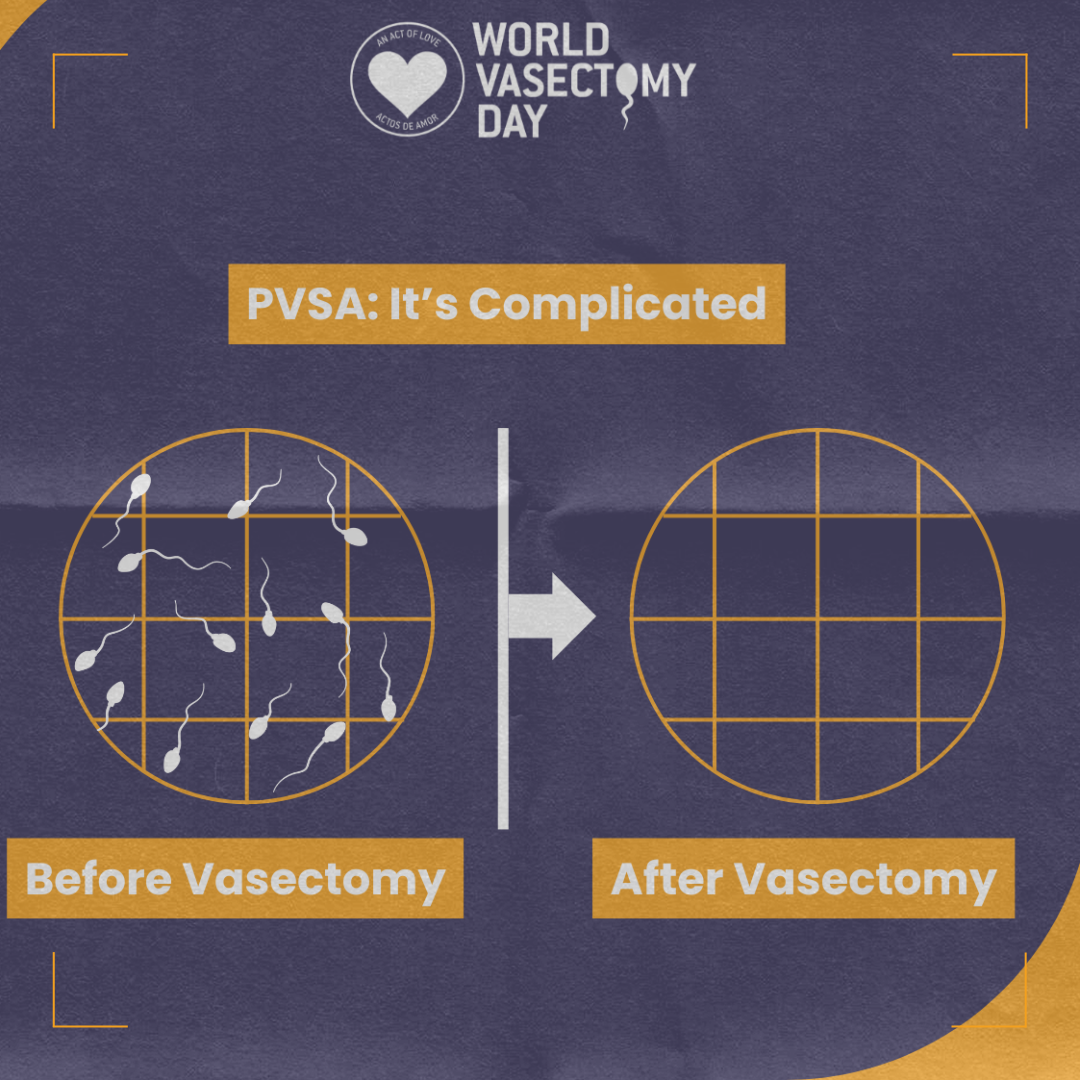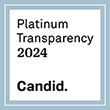WVD in Africa
Notes from the Field
Event
Critical Thinking Symposium on Gender and Faith in Health Services Delivery
Dates
28th–29th July 2025
Location
Lusaka, Zambia
WVD Zambia was invited to present at the national symposium hosted by Population Council Zambia, under the theme “Gender and Faith in Health Services Delivery.” Our presentation, “Exploring Safeguarding Challenges for Zambia’s Adolescents: Men as Health Seekers,” spotlighted the often-overlooked role of boys and young men in adolescent health interventions. We shared insights from our male engagement work, including lessons from over 1,000 vasectomy clients reached through our programmes.
The presentation was well received, sparking meaningful conversations around masculinity, silence, and stigma in health-seeking. Key stakeholders in attendance included representatives from the UNFPA, Ministry of Health, ZINGO, SAfAIDS, SRHR Africa Trust (SAT), Religious and Traditional and youth-serving NGOs, many of whom expressed not only interest in adapting our approaches to male-inclusive safeguarding, but also the act of love that is vasectomy.
WVD Zambia emphasized the need for male-friendly health spaces, provider training on safeguarding boys, and the strategic involvement of faith and traditional leaders. As conversations continue, we are optimistic about a shift toward holistic safeguarding models that include both girls and boys, ensuring no adolescent is left behind.
Men Speak Out on Health at Wakaliga Veterans Market

From myths to mental health, WVD Uganda sparks candid male conversations in Nateete
On 25th July 2025, the WVD Uganda team joined the vibrant community of Wakaliga Veterans Market in Nateete, Kampala, for a community baraza with one clear mission to spark open, honest conversations about male reproductive health.
We engaged 20 men in an interactive health talk focused on vasectomy as a safe, effective, and permanent family planning method. The discussion quickly drew deep interest, with participants eager to separate fact from myth. Questions surfaced around common misconceptions, including whether vasectomy causes prostate cancer or erectile dysfunction. Our team addressed these concerns head-on, providing clear, evidence-based information to dispel the fears.
Beyond vasectomy, the conversation naturally expanded into broader sexual and reproductive health (SRH) issues affecting men. Participants showed strong curiosity about sexually transmitted infections (STIs/STDs), from how to identify them to prevention and management strategies. This opened the door to a wider reflection: men’s health conversations must go beyond family planning to cover mental health, hygiene, and overall well-being.
The baraza was a reminder that when given the right platform, men are eager to engage, learn, and take charge of their health. WVD Uganda remains committed to creating these safe spaces where myths are dismantled, knowledge is built, and men become champions for their health and their families’ futures.
Breaking the Silence: The Case for Vasectomy Education in Zambia
Vasectomy is a form of contraception that people often shy away from discussing. Yet, it is a powerful and responsible option, one that allows a man to step up for his family and take an active role in family planning.
In our traditional society, most contraceptive options are placed squarely on women, often with significant and sometimes detrimental side effects. Divorce, social tension, and long-term health implications are not uncommon. Many women bear the burden of either taking lifelong contraceptive pills or undergoing more invasive procedures such as tubal ligation, all in the name of controlling fertility.
Vasectomy, on the other hand, is rarely spoken about as a viable alternative. If it were more openly discussed, we might begin to dismantle the stigma surrounding it. Compared to female permanent contraception, vasectomy is simpler, safer, and far less invasive, especially now with the advancement of no-scalpel vasectomy (NSV), which is quick, minimally painful, and highly effective.
Unfortunately, stigma and misinformation remain rampant. In both urban and rural communities, vasectomy is still wrongly associated with emasculation. But being a man has nothing to do with your ability to father more children, true masculinity is about responsibility, compassion, and partnership.
If vasectomy were more widely taught in medical syllabi and more openly discussed in general, we would not only demystify it, we would empower more men to take responsibility and help reduce the family planning burden carried by women.
Personally, I only had the opportunity to engage deeply with the topic of vasectomy during select events, one being a recent webinar hosted by World Vasectomy Day (WVD) Zambia at Ridgeway Campus. The turnout and level of engagement were inspiring. Thought-provoking conversations with fellow students revealed that many are not only open to learning more about vasectomy, but are also willing to advocate for its inclusion in public discourse.
There is a clear and growing interest among medical students and young people to challenge outdated perceptions and shift the responsibility of contraception toward a more balanced approach. Vasectomy needs to be part of that conversation, not hidden, not avoided, but understood and embraced as a legitimate, empowering option.
In conclusion, vasectomy remains underrepresented, misunderstood, and under-discussed. But interest is growing, especially among young people and medical students. The time has come to include vasectomy in our education systems, normalize the conversation, and ensure that both men and women have access to accurate, comprehensive information when making reproductive choices.








